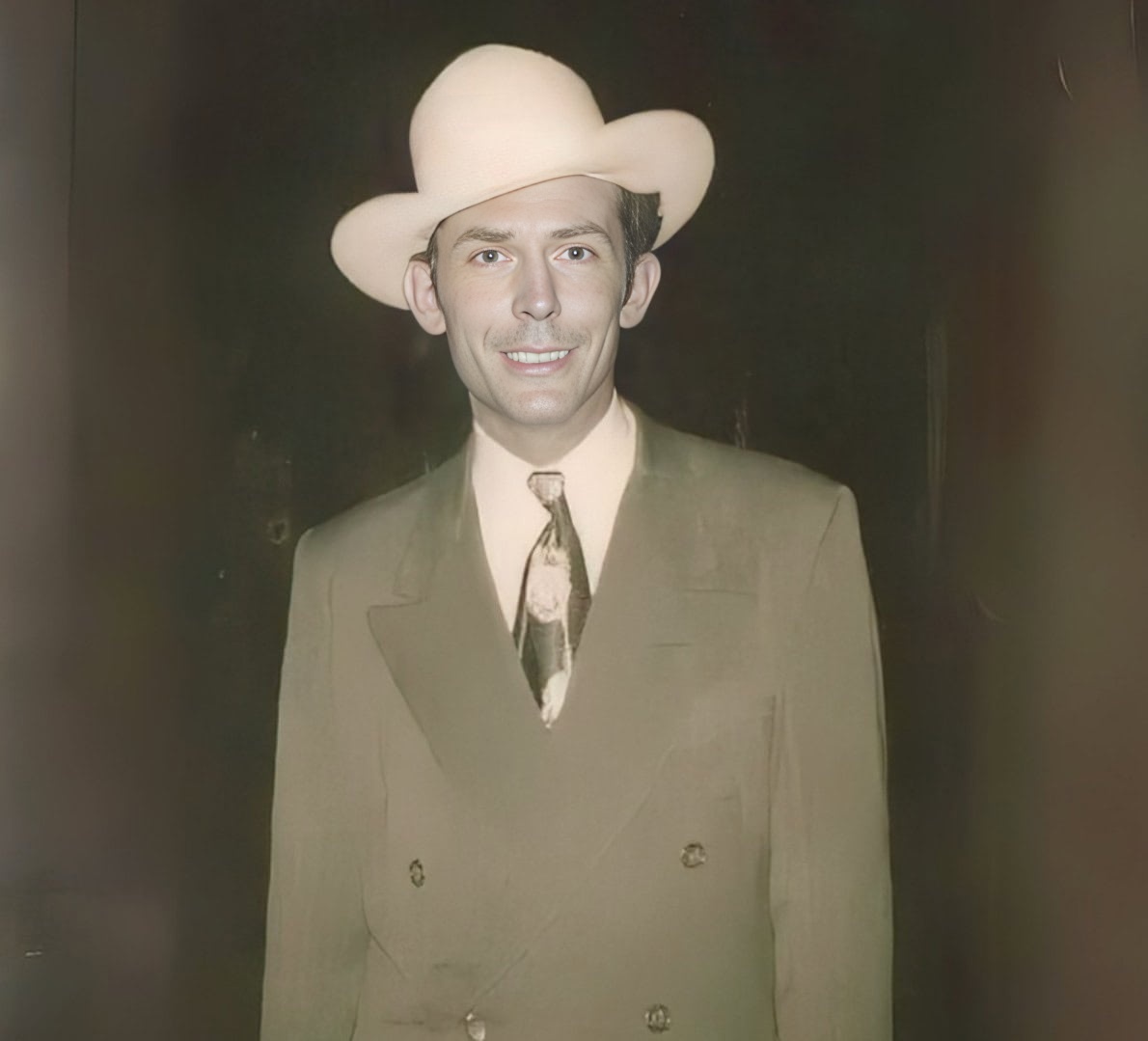
Hank Williams, a towering figure in country music history, gifted the world with countless iconic songs, and among them, “(I’m So Lonesome) I Could Cry” stands as a timeless masterpiece. Born Hiram King Williams in 1923, his raw talent and emotionally resonant songwriting quickly propelled him to stardom in the late 1940s and early 1950s. Although his career was tragically cut short by his death at the age of 29, Williams left an indelible mark on the genre, influencing generations of artists with his heartfelt lyrics and distinctive vocal delivery. His accolades include membership in the Country Music Hall of Fame and numerous posthumous awards recognizing his profound impact. While specific chart positions for individual songs from that era are difficult to pinpoint with complete accuracy, his music consistently topped the Billboard charts of the time and continues to be highly regarded today.
“(I’m So Lonesome) I Could Cry,” released in 1949, perfectly encapsulates the themes of heartache and despair that permeated much of Williams’ work. The song’s lyrics paint vivid pictures of loneliness, using powerful imagery like the “midnight train” and the “whippoorwill” to evoke a sense of profound sadness. The recurring line, “I’m so lonesome I could cry,” is a raw and honest expression of overwhelming emotion, resonating deeply with listeners who have experienced similar feelings.
The song struck a chord with audiences immediately, and its enduring popularity is a testament to its powerful message. Many listeners identify with the raw vulnerability and honesty in Williams’ voice, finding solace in the song’s unflinching portrayal of heartache. Over the years, “(I’m So Lonesome) I Could Cry” has been covered by countless artists across various genres, further solidifying its status as a true classic and demonstrating its ability to transcend time and musical boundaries. It remains a poignant and enduring testament to the power of country music to connect with listeners on a deeply emotional level.